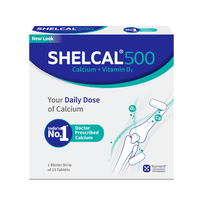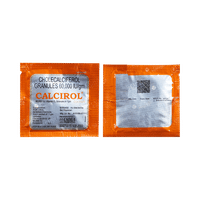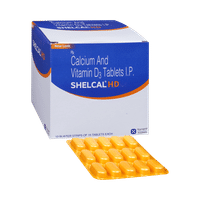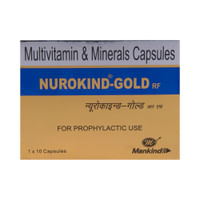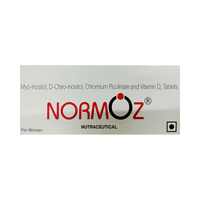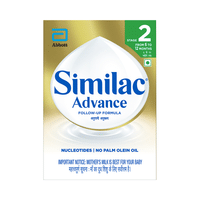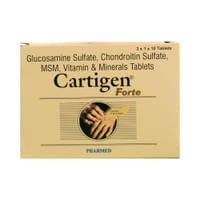Amino Trust Injection
Rs.704for 1 vial(s) (250 ml Injection each)
food interaction for Amino Trust Injection
alcohol interaction for Amino Trust Injection
pregnancy interaction for Amino Trust Injection
lactation interaction for Amino Trust Injection
food
alcohol
pregnancy
lactation
No interaction found/established
It is not known whether it is safe to consume alcohol with Amino Trust Injection. Please consult your doctor.
CONSULT YOUR DOCTOR
Amino Trust Injection may be unsafe to use during pregnancy. Although there are limited studies in humans, animal studies have shown harmful effects on the developing baby. Your doctor will weigh the benefits and any potential risks before prescribing it to you. Please consult your doctor.
CONSULT YOUR DOCTOR
Amino Trust Injection should be used with caution during breastfeeding. Breastfeeding should be held until the treatment of the mother is completed and the drug is eliminated from her body.
CAUTION
SALT INFORMATION FOR Amino Trust 7% w/v Injection
Amino Acids(7% w/v)
Amino trust injection uses
{med_name} is used in the treatment of nutritional deficiencies.
How amino trust injection works
The amino acids are an essential element in the diet. The catabolism of Amino acid initiates in muscle and yields NADH and FADH2 which can be utilized for ATP generation.
Common side effects of amino trust injection
Folic acid deficiency, Chills, Fever, Flushing (sense of warmth in the face, ears, neck and trunk), Increased sweating, Metabolic disorder, Vomiting, Liver damage, Injection site reactions (pain, swelling, redness)
SUBSTITUTES FOR Amino Trust Injection
5 Substitutes
5 Substitutes
Sorted By
- Aminef Injection(250 ml Injection in bottle)Merynova Lifesciences India Private LimitedRs. 3.86/ml of Injection
 Rs. 995pay 37% more per ml of Injection
Rs. 995pay 37% more per ml of Injection  Rs. 555save 4% more per ml of Injection
Rs. 555save 4% more per ml of Injection Rs. 750pay 3% more per ml of Injection
Rs. 750pay 3% more per ml of Injection- Tidymin 7% Injection(250 ml Injection in vial)Biokindle Lifesciences Pvt LtdRs. 2.52/ml of Injection
 Rs. 649save 11% more per ml of Injection
Rs. 649save 11% more per ml of Injection  Rs. 830.50pay 28487% more per Injection
Rs. 830.50pay 28487% more per Injection
Expert advice FOR Amino Trust Injection
- Amino Acids is used in the treatment of nutritional deficiencies.
- It is to be given by a doctor or nurse and should never be self-administered.
- Your doctor will ask you to get routine blood and urine tests while taking Amino Acids.
- Tell your doctor if you are pregnant, think you may be pregnant, or are breastfeeding before this medicine is injected.
Frequently asked questions FOR Amino Trust 7% w/v Injection
Amino Acids
Q. Is Amino Trust Injection safe?
Amino Trust Injection is safe if used in the dose and duration advised by your doctor. Take it exactly as directed and do not skip any dose. Follow your doctor's instructions carefully and let your doctor know if any of the side effects bother you.
Q. Are amino acids good for you?
Amino acids, often referred to as the building blocks of proteins, play many critical roles in your body. It helps in the growth and improves the strength of muscles, provides energy, regulates mood, and maintains healthy skin, hair, and nails. Hence, you must include foods that provide you with amino acids. In case your diet fails to provide you, taking Amino Trust Injection can help.
Q. Is Amino Trust Injection bad for the liver?
Yes, excess intake of amino acids can lead to liver damage or cause fatty liver disease. Consult your doctor for more information.













